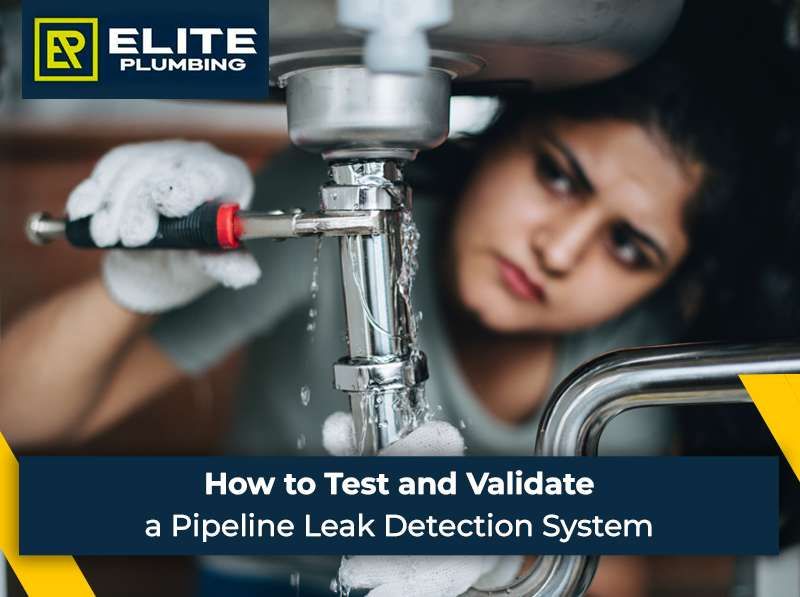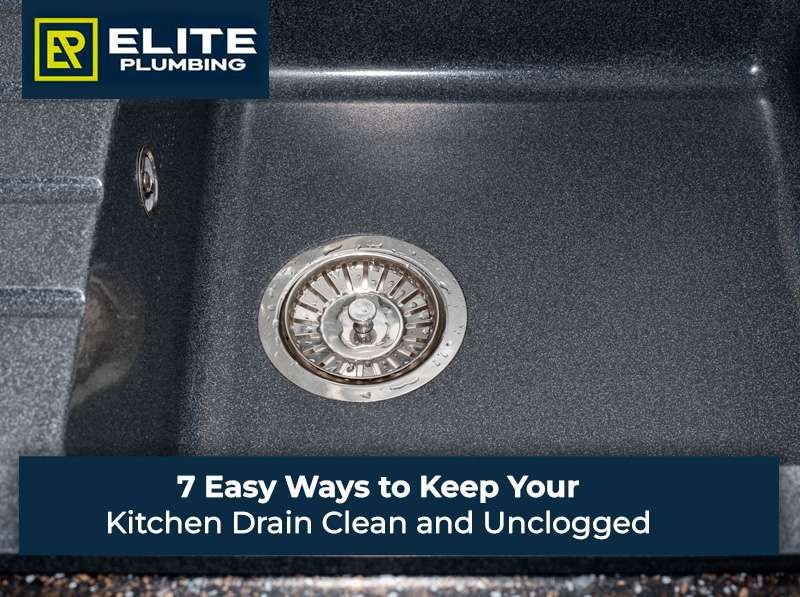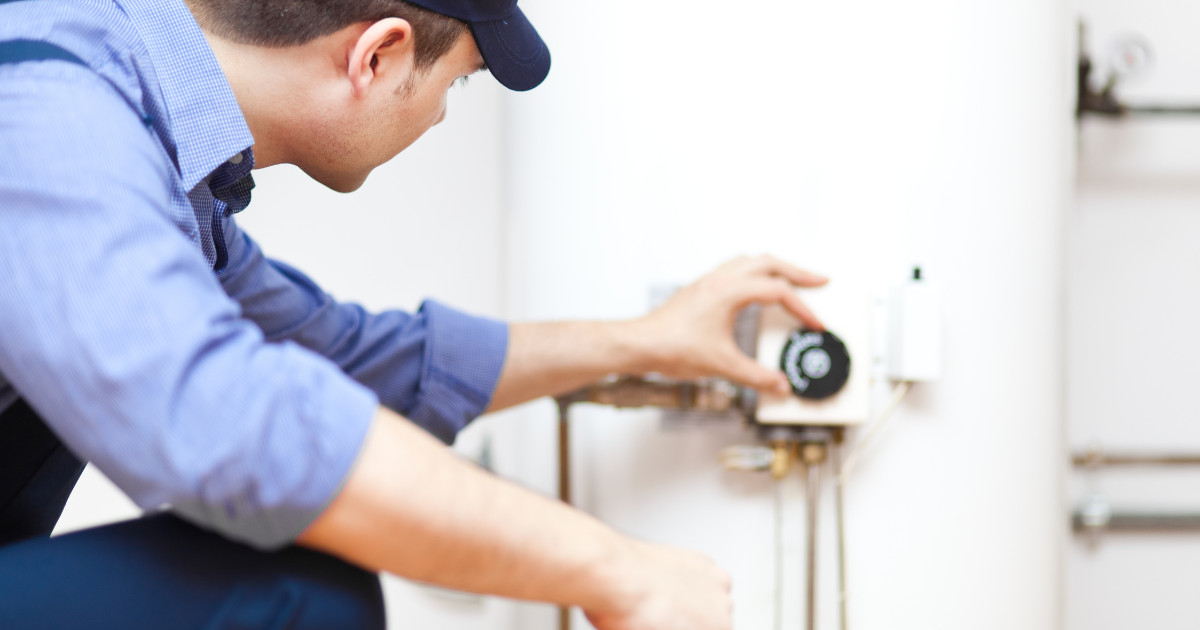How to Test and Validate a Pipeline Leak Detection System
Loss of water is equivalent to the loss of revenue for the water suppliers. Aging infrastructure, cracks in pipes, and fitting are among the most common causes of water leakage. Since most of the water pipelines are underground, it is impossible to detect leaks until the problems are aggravated and water leakage is causing serious issues like sinkholes, ponding of water, the sinking of pavements, etc. Finding a water leakage in a residential/commercial complex is easier if you have access to the right knowledge and tools. Today with the advancement of science, leak detection services, and systems have evolved and can locate leaks with reasonable accuracy.
Leak Detection Methods
Acoustic Detection:
This is one of the most prevalent systems for water leak detection. In this method, listening pieces of equipment are used to survey the water distribution network and identify leak sounds and find the location of water leakage. The water made by water flowing in a pipe is distinctly different from that made by water leaking from pipes. The distinction in sound helps in identifying leaks. The listening devices are of various types – they can be mobile or fixed, internal or external, and the like.
Leak Detection Through Pressure Difference:
Another way of detecting water leakage is through pressure difference. If the water pressure at the beginning of the pipe is higher than at the end, there is likely water leakage between the two ends of the pipe. Leak detection is just a preliminary step. To minimize water loss through leakage, a water leakage detector or a water leak protection system must be in place. There must be a system of continuous audits to survey the water distribution network and a full-scale audit must be performed every year that evaluates the accuracy of the entire system.
Detecting leaks in a household is not that hard a task – it is a thing of periodic monitoring and maintenance. There are professional plumbing service providers who offer leak detection and leak protection services. If you feel that the water pressure in any particular faucet in the house is not up to the mark, or if the water pressure throughout the house is low, there is likely some water leakage.
Elite Plumbing Services in Maryland provides water leakage detection services and can help you fix water leakage in your residential or commercial complex. They can help you with installing water leak detection systems on the premises that automatically turns the water off in case of a leak. You can monitor your water consumption and turn on/off the water supply at the touch of a button. If you have got water leakage problems, call them today and find a resolution.



